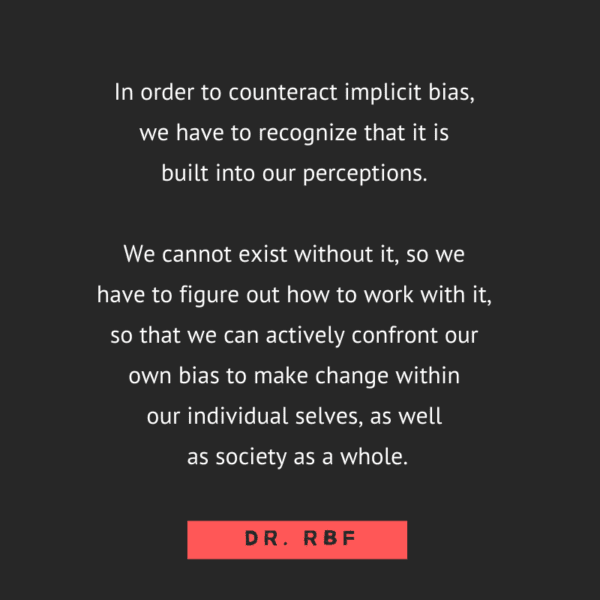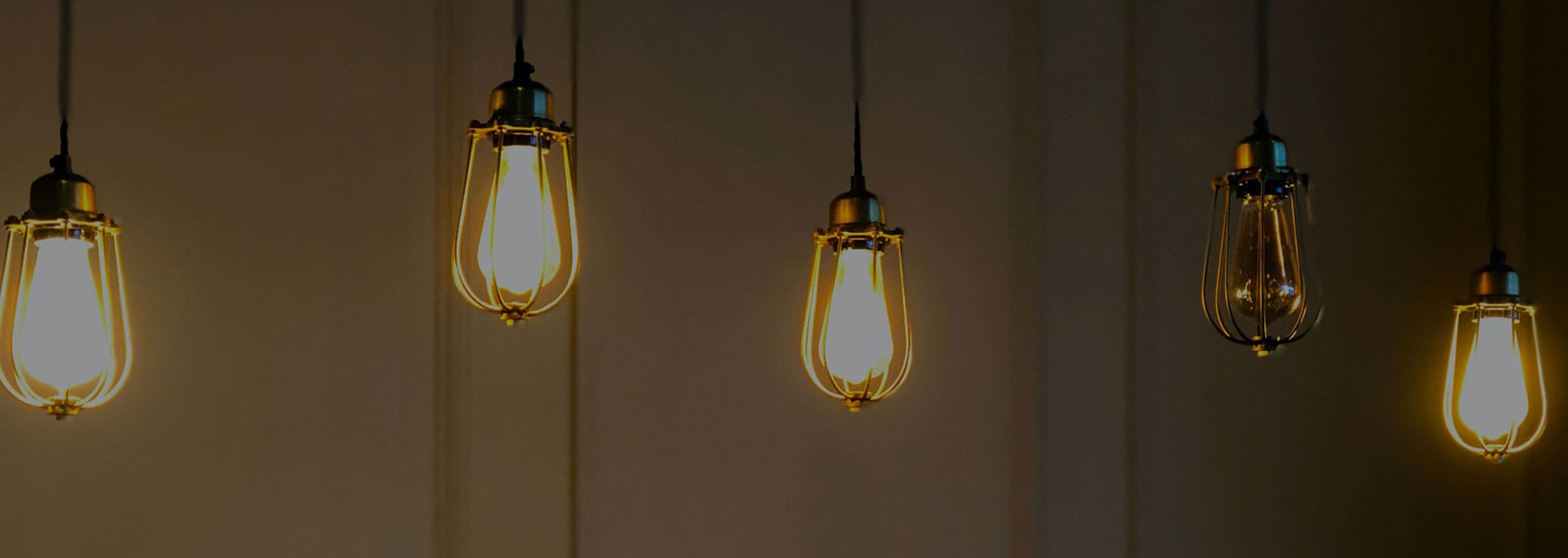
12 Jan What Your Brain Is Doing When You’re Not Paying Attention
Ninety-five percent of the content of our mind is beyond our conscious awareness.
Put differently, we have only the smallest inkling of how our minds operate, since most of it is taking place out of our conscious awareness. To understand our own mind’s inner work, we need to uncover our unconscious patterns and beliefs to learn strategies to address them.
The world is a confusing place and life requires us to act fast. We have to make decisions under time pressure or face being frozen in indecision. We only get a tiny sliver of available information; our brains fill in the gaps automatically…. We then forget which part is real and which part is made up.
We use information that is readily accessible, although probably only loosely applicable, to manage whatever issue is at hand. To keep ourselves focused, we see what is close by and known, choosing that over distant, unknown possibilities.
We judge things we are close to as better.
We think we know other people’s minds, and we tend to project our current mindset into the past and future.
This issue, knowing one’s mind and the unconscious pitfalls, has both individual and systemic implications. Think about groups, as small as families or as large as the biggest companies… we humans put labels on everything. They are often incorrect, but helpful ways to categorize.
These are all ways that our minds try to make the enterprise of living easier. These ways of looking at things quickly although not always correctly, are also what contributes to unconscious or implicit bias.
The term “implicit bias” has been used a lot in the recent past. In the coming weeks I’m going to roll out a Master Class on implicit bias. This blog will serve as a bit of a teaser, to help folks orient themselves towards understanding what implicit bias is, and why implicit bias is important for individuals, as well as organizations, to recognize.
Implicit bias results from the tendency to process information based on unconscious associations and feelings, even when these are contrary to one’s conscious or declared beliefs.
Implicit biases can and do influence behavior toward the members of other social groups and this bias has influence in spheres including school, work, and legal proceedings.
We humans are susceptible to implicit bias because our brain’s natural tendency is to categorize information about the world. We seek out patterns, and we love shortcuts. Implicit bias is the result of our brain’s trying to simplify the world. If every time we looked at a tree we had to think, “Hmmm, brown bark…..tall….branches….green things hanging off the end….oh tree!”, it would be hard to get anything done. Our brains are constantly bombarded with way more information than we can use, so we are constantly looking for ways to sift through it to organize our world.
Interestingly, implicit bias is likely to pose a greater problem in those groups that favor egalitarian ideologies. Folks who are more motivated towards egalitarianism are those that need to confront implicit bias the most. This is because implicit bias lies beneath our sight lines, so if we are dedicated towards having an egalitarian society, those biases are more uncomfortable for us, and so they go further underground.
Implicit bias refers to ideas that just come and go without much conscious intent, so they are most likely to be at play when opportunities for thoughtful processing are limited. They are part and parcel of what make us able to make quick judgements rather than having to think through each separate item and we are more likely to use these types of information when we are tired, rushing, or distracted.
Let me repeat that humans are more likely to rely on implicit biases when we are paying the least attention. So we clearly need to structure decisions in ways that minimize fatigue and distraction in order to reduce bias, and in order to change our behaviors we have to bring awareness to our unconscious, in this case aka, our implicit bias.
In essence, implicit bias is a necessary part of cognition that we cannot rid ourselves of. It’s both a manifestation of and a contributor to systemic “isms.”
Implicit biases are based on pre-cognitive, involuntary ideas and feelings and are responsible for many disparities in society. In order to counteract implicit bias, we have to recognize that it is built into our perceptions. We cannot exist without it, so we have to figure out how to work with it, so that we can actively confront our own bias to make change within our individual selves as well as society as a whole.

TLDR? Here’s the summary.
If you are interested in knowing and then confronting your implicit bias try to do these three things:
1) Take the Implicit Associations Test. There you can see in real time how much you are affected, even when you think you aren’t. You can take it at Project Implicit.
2) Slow down. Remember our unconscious mind work at lighting speed. If we want to change, we’ve first got to be aware that it’s there, and that requires time.
3) Question Immediate Reactions. Ask yourself, why do I like that person, or what makes me feel “comfortable” in certain situations?
As always, I’m interested in your thoughts and experiences. Let me know what you are thinking and join the community conversation around this important topic.




